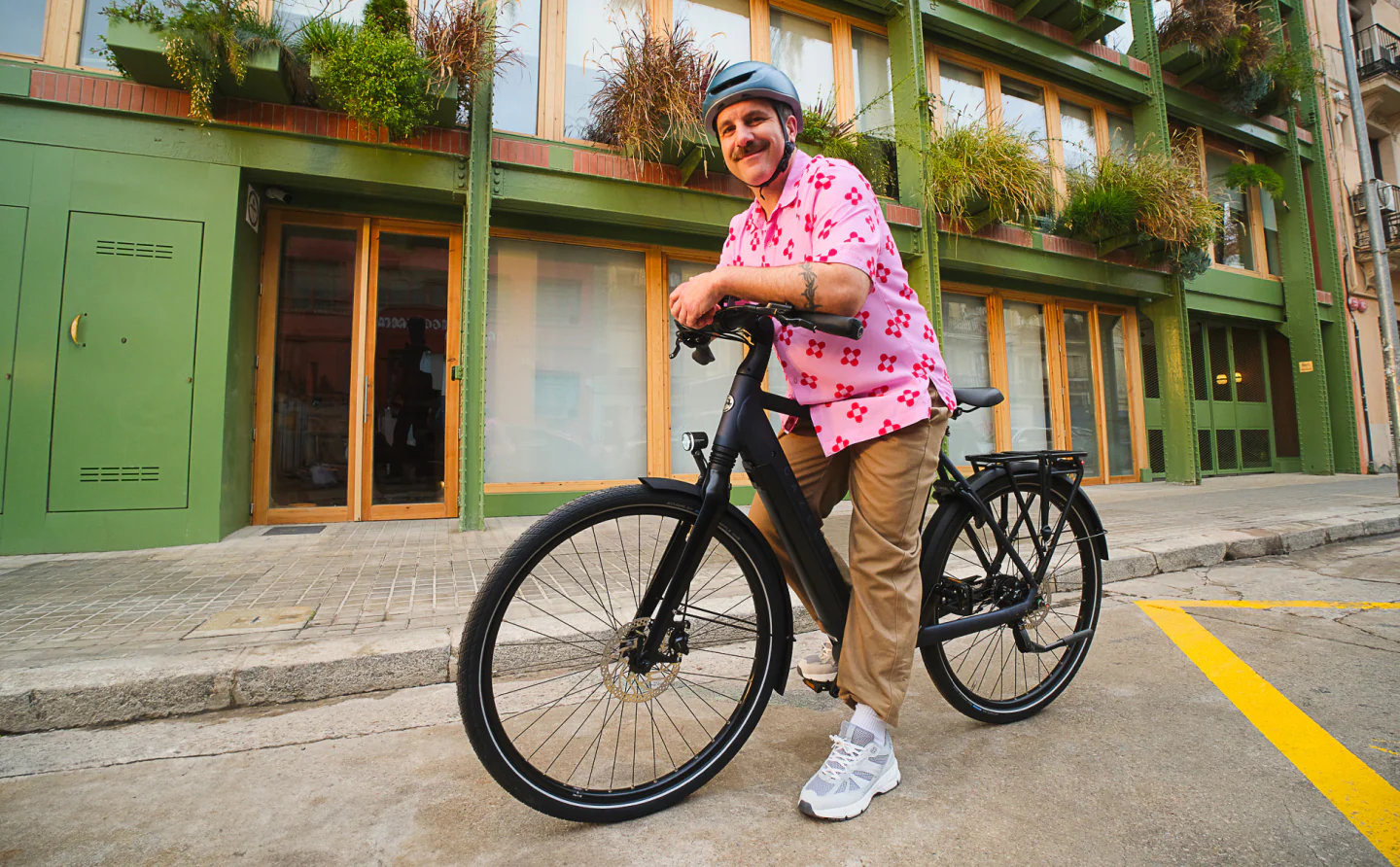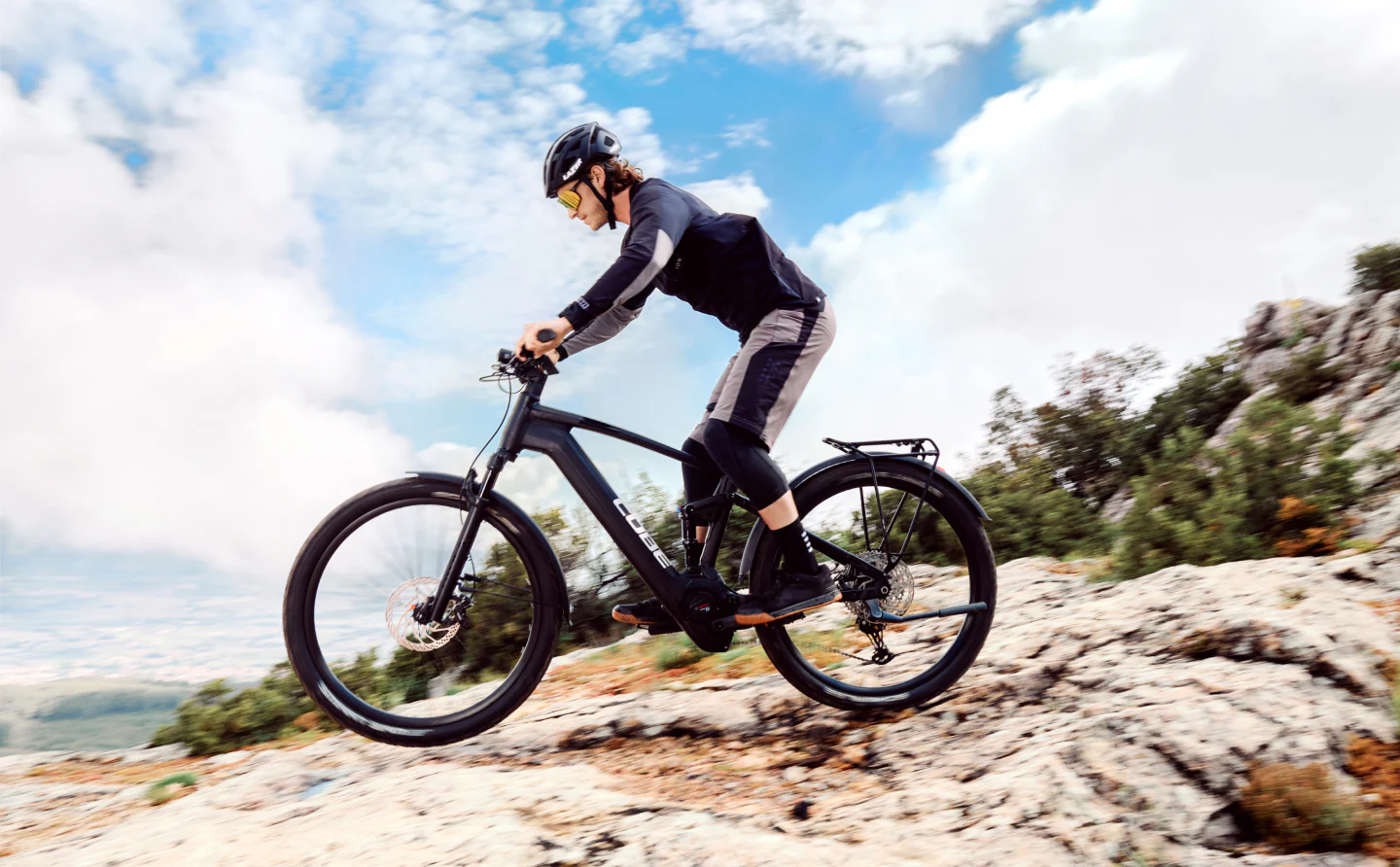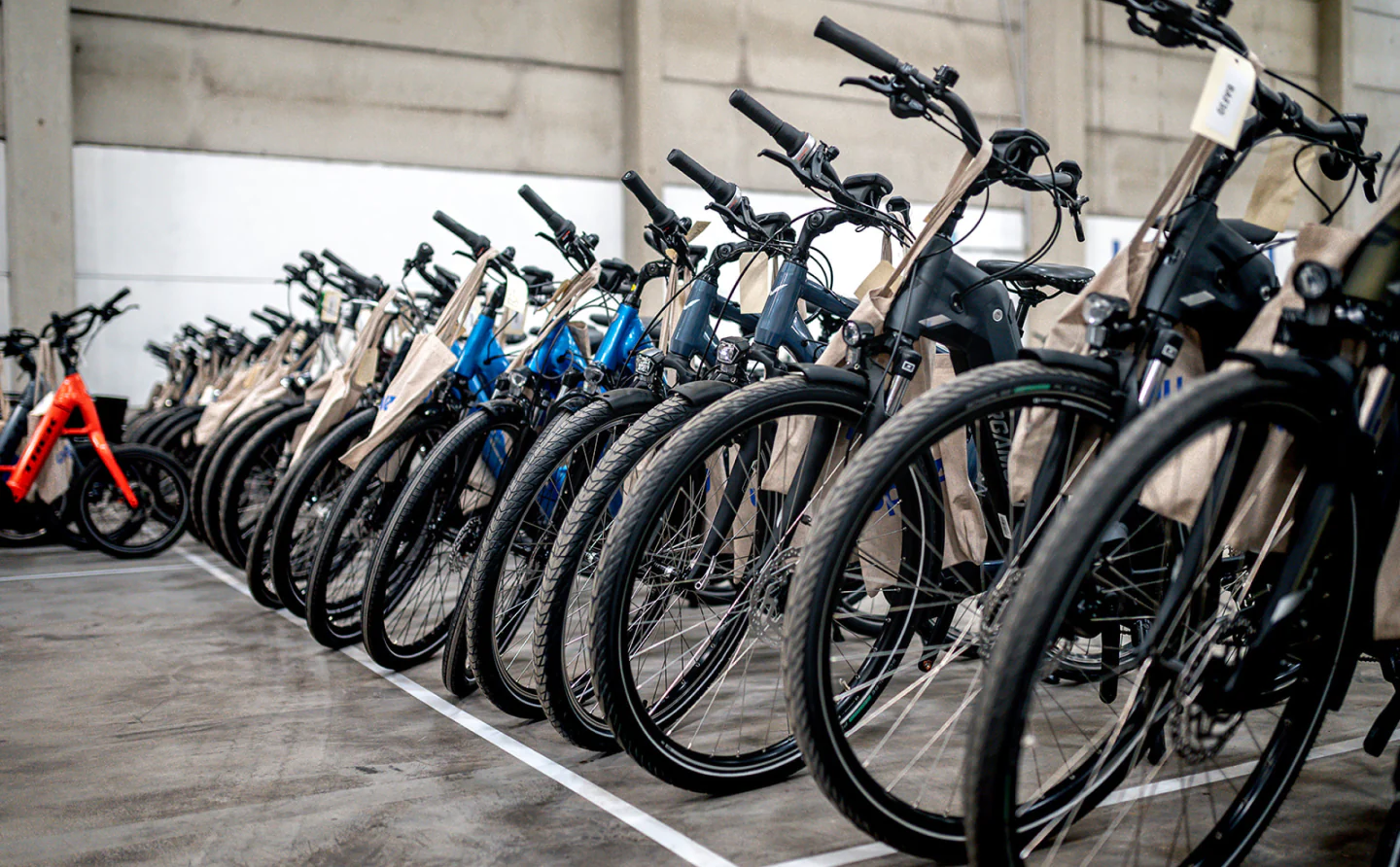Growing your own food can help minimize waste, save money, and reduce your pollution footprint. However, with record high temperatures worldwide, many gardeners are seeing changes in the growth of their plants.
One such gardener posted a picture on Reddit with the caption: "What happened to my wife's bok choy?"

In the photo, the plant has sprouted up tall and thin, unlike the usual stout appearance of bok choy — also called pak choi or Chinese white cabbage.
TCD Picks » Upway Spotlight
💡Upway makes it easy to find discounts of up to 60% on premium e-bike brands
As many of the comments pointed out, the plant appears to have "bolted" — when a plant skips its usual leafy period to produce flowers and seeds instead. It is common among many edible greens, like lettuce or cilantro, and can make their flavor bitter.
Bolting typically happens when a plant is under a considerable amount of stress for long periods, including sustained high temperatures or planting in the wrong season. Along with more frequent heat waves, climate change has impacted the duration of seasons, which plays a role when growing food for a healthy harvest.
One commenter shared a similar experience of other plants bolting: "I live in the Midwest and we had a crazy heat wave for a week and it was a fight to stop my cilantro from bolting. I lost."
If you're looking to avoid bolting in your own garden, one suggestion is to select heat-tolerant or bolt-resistant varieties. For example, the Joi Choi variety of bok choy is tolerant to both heat and cold. During extended periods of heat, plants susceptible to bolting also require more water and mulch to prevent the soil from getting too warm.
Several commenters offered positive outlooks on the gardener's bok choy bolting.
"Yeah they bolted, good news is you can let a couple go and collect the seeds for next year!" one Redditor commented.
Another offered a suggestion to keep plants susceptible to bolting cooler in summer months: "I plant them and my basil under my tomato plants to keep them shaded!"
Join our free newsletter for easy tips to save more, waste less, and help yourself while helping the planet.







